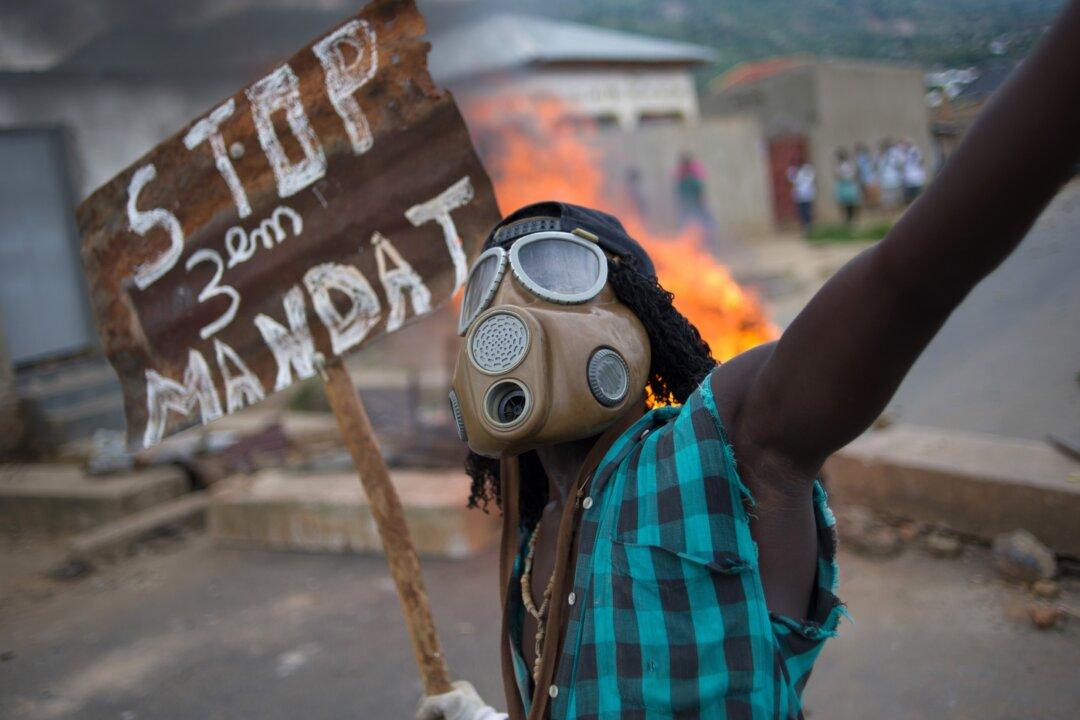The unfolding human tragedy in Burundi needs urgent intervention from the international community before it is too late. The seemingly hands-off attitude by the East African Community, African Union, and even the United Nations raises many questions.
The crisis has been characterized by sporadic violence, assassinations, intimidation, and the grouping of militias along ethnic lines. The situation is eerily reminiscent of the start of the 1993–2006 civil war in which an estimated 300,000 people died. The underlying issues of ethnic balance of power, corruption, and poor governance linked to that conflict appear to be re-emerging.
The underlying issues of ethnic balance of power, corruption, and poor governance linked to that conflict appear to be re-emerging.
